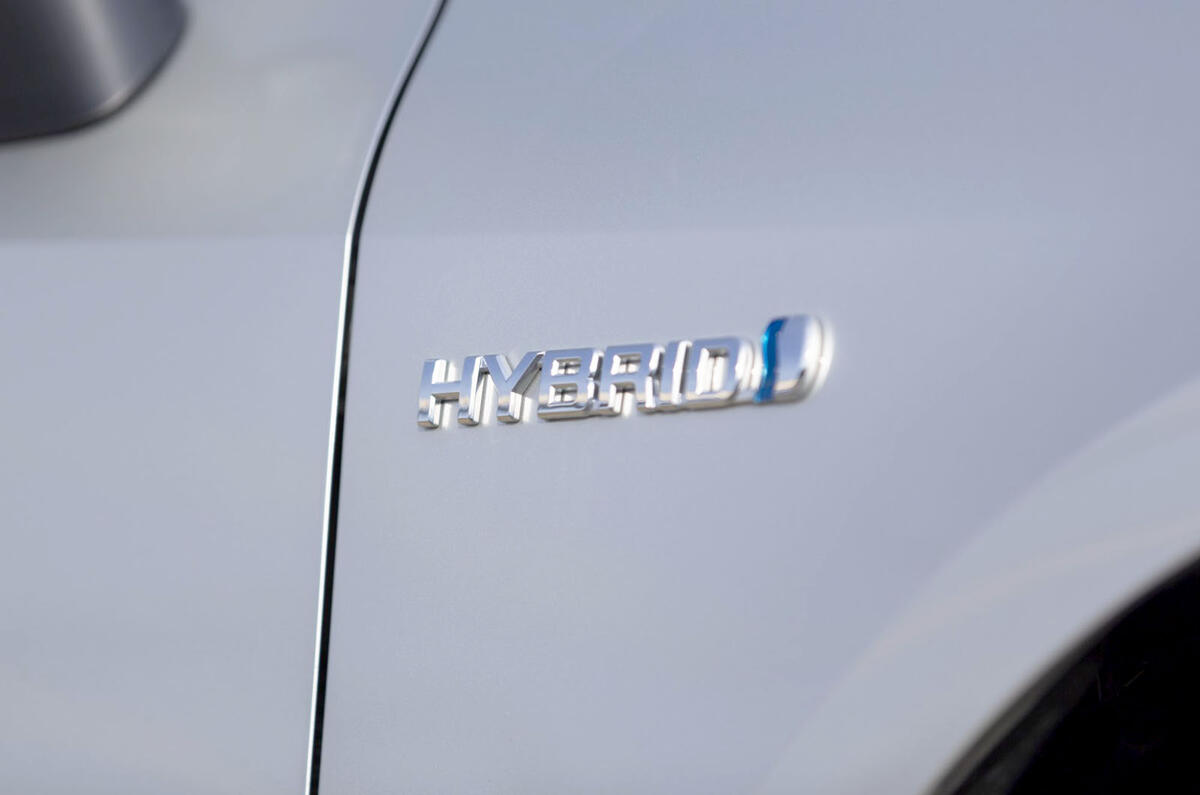The lumpy progress on the journey to electric cars is favouring hybrids as a transition technology, particularly when chasing private buyers.
Ford, for example, has become a recent advocate of petrol-electric drivetrains as it works out how it’s going to match the likes of Tesla and the Chinese on EV costs. “Hybrids will play an increasingly important role in our industry's transition and will be here for the long run,” said Jim Farley, Ford CEO, earlier this month.




Add your comment